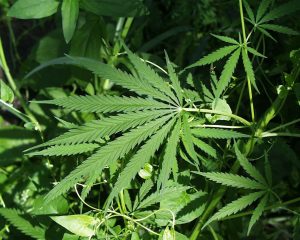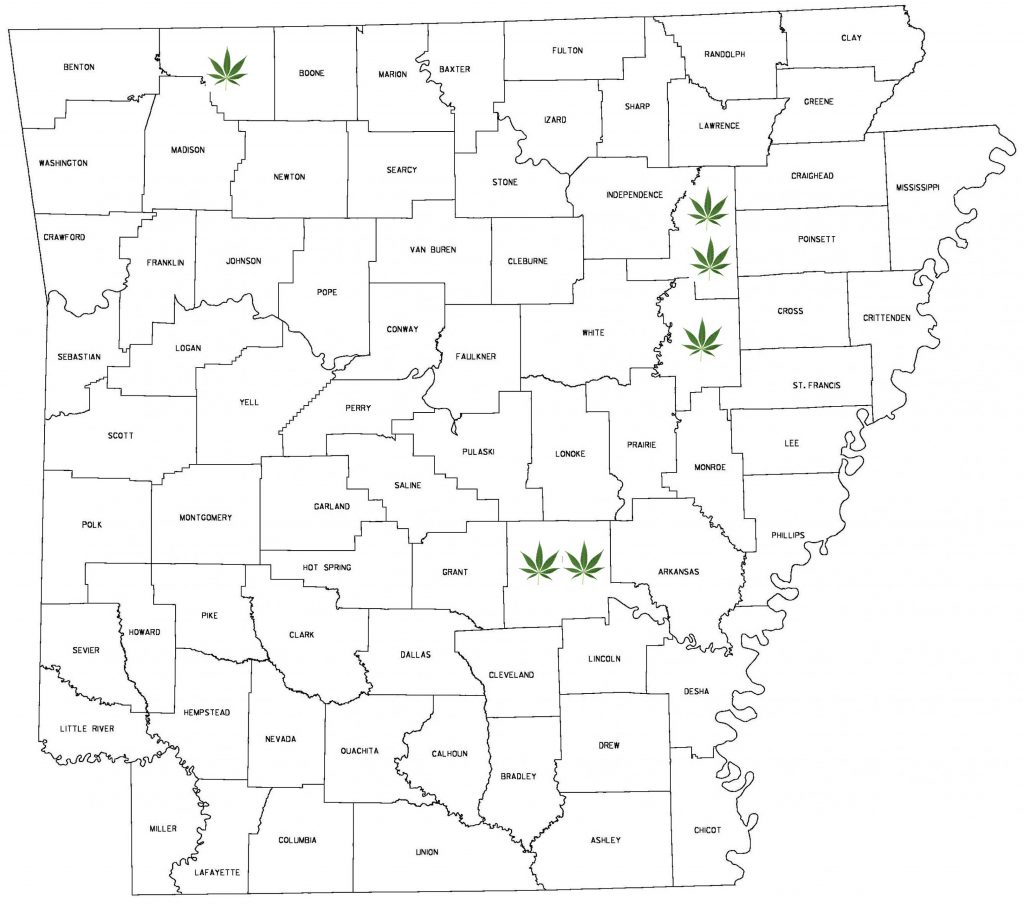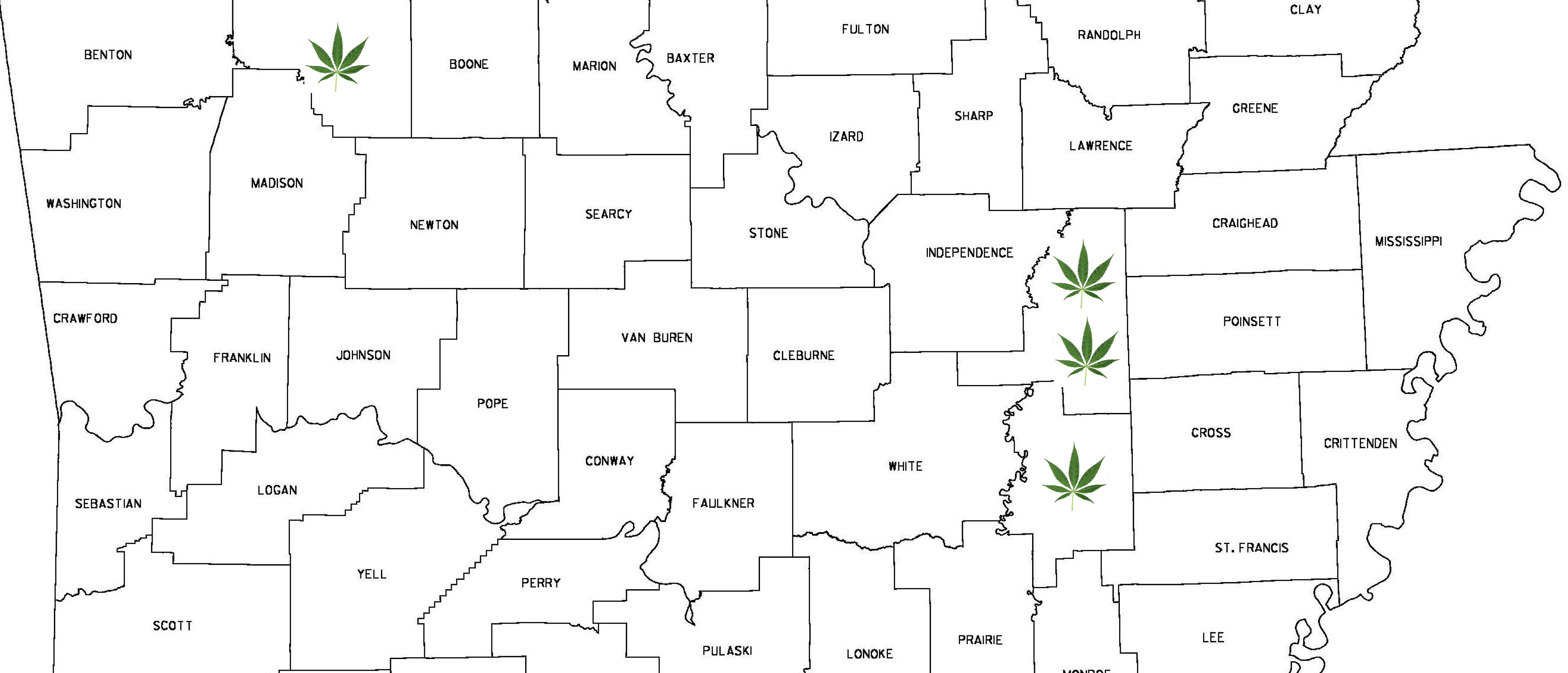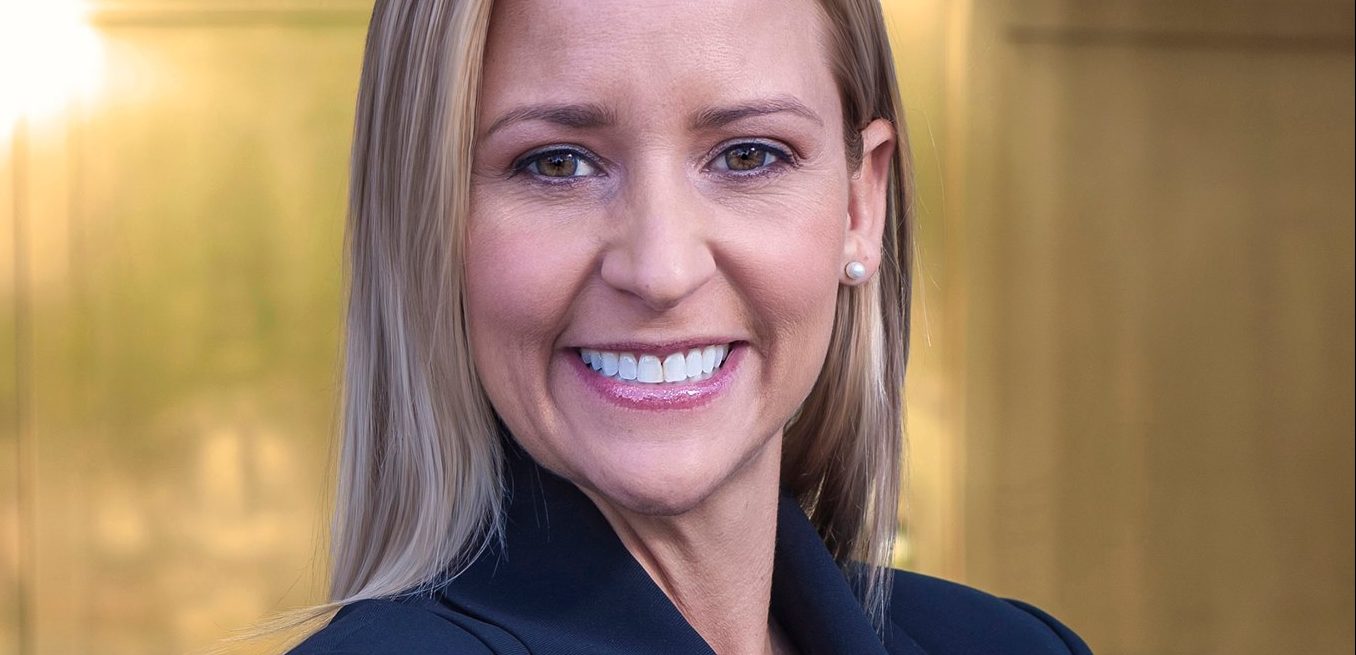 Little Rock, Ark. – On Tuesday, activists promoting marijuana gathered at the Arkansas Capitol to lobby for changes to the state’s medical marijuana amendment. Marijuana lobbyists, such as the Drug Policy Education Group, want to make it easier for Arkansans to qualify to use marijuana. In a more egregious proposal, they have asked legislators to pass a law to allow students to bring marijuana to school.
Little Rock, Ark. – On Tuesday, activists promoting marijuana gathered at the Arkansas Capitol to lobby for changes to the state’s medical marijuana amendment. Marijuana lobbyists, such as the Drug Policy Education Group, want to make it easier for Arkansans to qualify to use marijuana. In a more egregious proposal, they have asked legislators to pass a law to allow students to bring marijuana to school.
Family Council President Jerry Cox released a statement saying, “It is shocking to hear that they want kids to be able to use marijuana at school. As a former public school teacher, I cannot imagine students using marijuana at school. Our schools are facing enough challenges without grownups pushing for kids to be able to use marijuana at school. Kids already can’t tell marijuana laced cookies or candies from normal ones. Bring those to school and see how many grade school kids end up high or in the emergency room like the students in Colorado and other states. Frankly, this is an irresponsible request that could harm our children who are in school.”
Cox said the group also wants to make it easier for Arkansans to use marijuana. “Anyone who is paying attention knows that these people are not going to rest until Arkansas has full-blown recreational marijuana. This has always been their mission. Already, anyone with pain or nausea can qualify to use medical marijuana. Adding more conditions to the 18 that are already legal means that almost everyone, even the healthiest among us, can qualify to smoke marijuana.”
Cox also criticized the push to lower taxes on the so-called medical marijuana program. “The State of Arkansas is already subsidizing this so-called medical marijuana program. No one knows if it will ever be self-supporting. Yet, marijuana proponents want their taxes lowered even more. It is bad enough that the 47% of Arkansans who voted against medical marijuana have to deal with it being legal, now they’re expected to pay for it with their tax dollars.”
Cox said his group plans to continue fighting against efforts to expand marijuana in Arkansas.
Family Council is a conservative education and research organization based in Little Rock.
###
READ MORE
 Yesterday the Arkansas Medical Marijuana Commission announced the five companies who will be authorized to grow marijuana in Arkansas.
Yesterday the Arkansas Medical Marijuana Commission announced the five companies who will be authorized to grow marijuana in Arkansas.


 Little Rock, Ark. – On Tuesday, activists promoting marijuana gathered at the Arkansas Capitol to lobby for changes to the state’s medical marijuana amendment. Marijuana lobbyists, such as the Drug Policy Education Group, want to make it easier for Arkansans to qualify to use marijuana. In a more egregious proposal, they have asked legislators to pass a law to allow students to bring marijuana to school.
Little Rock, Ark. – On Tuesday, activists promoting marijuana gathered at the Arkansas Capitol to lobby for changes to the state’s medical marijuana amendment. Marijuana lobbyists, such as the Drug Policy Education Group, want to make it easier for Arkansans to qualify to use marijuana. In a more egregious proposal, they have asked legislators to pass a law to allow students to bring marijuana to school.
 On Wednesday Arkansas Attorney General Leslie Rutledge rejected yet another proposal to legalize recreational marijuana.
On Wednesday Arkansas Attorney General Leslie Rutledge rejected yet another proposal to legalize recreational marijuana.